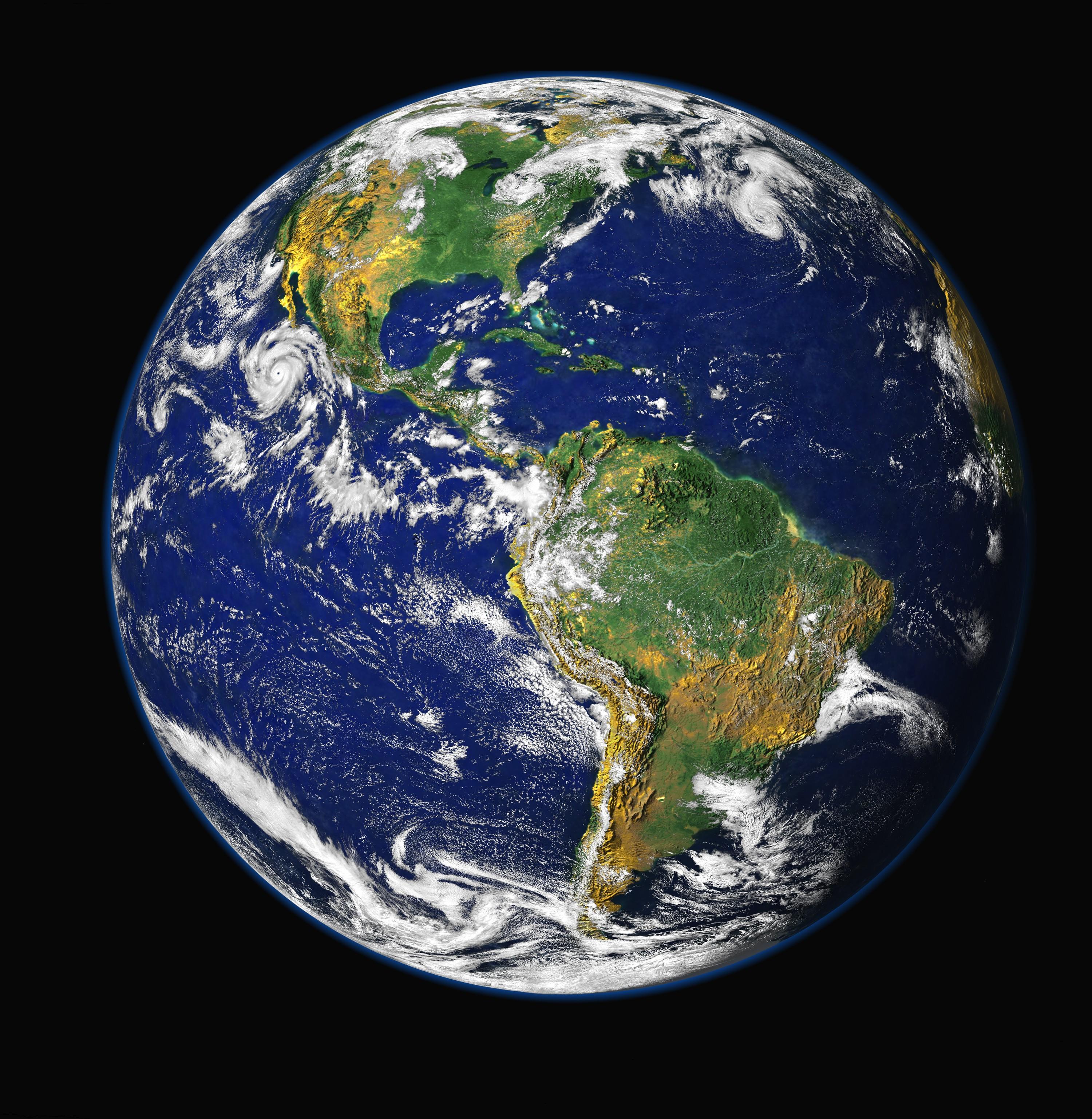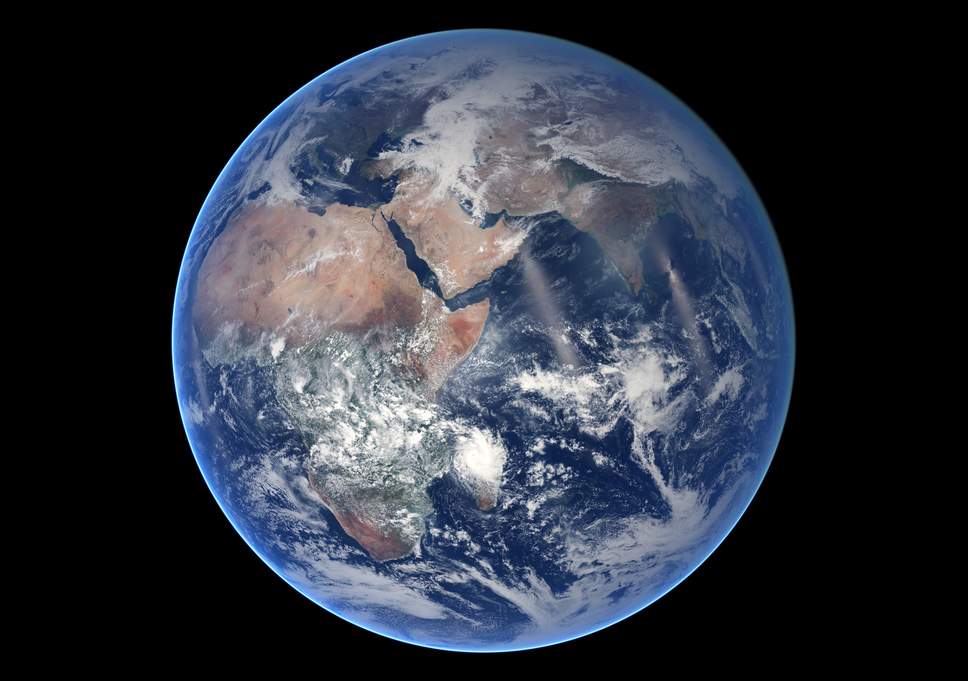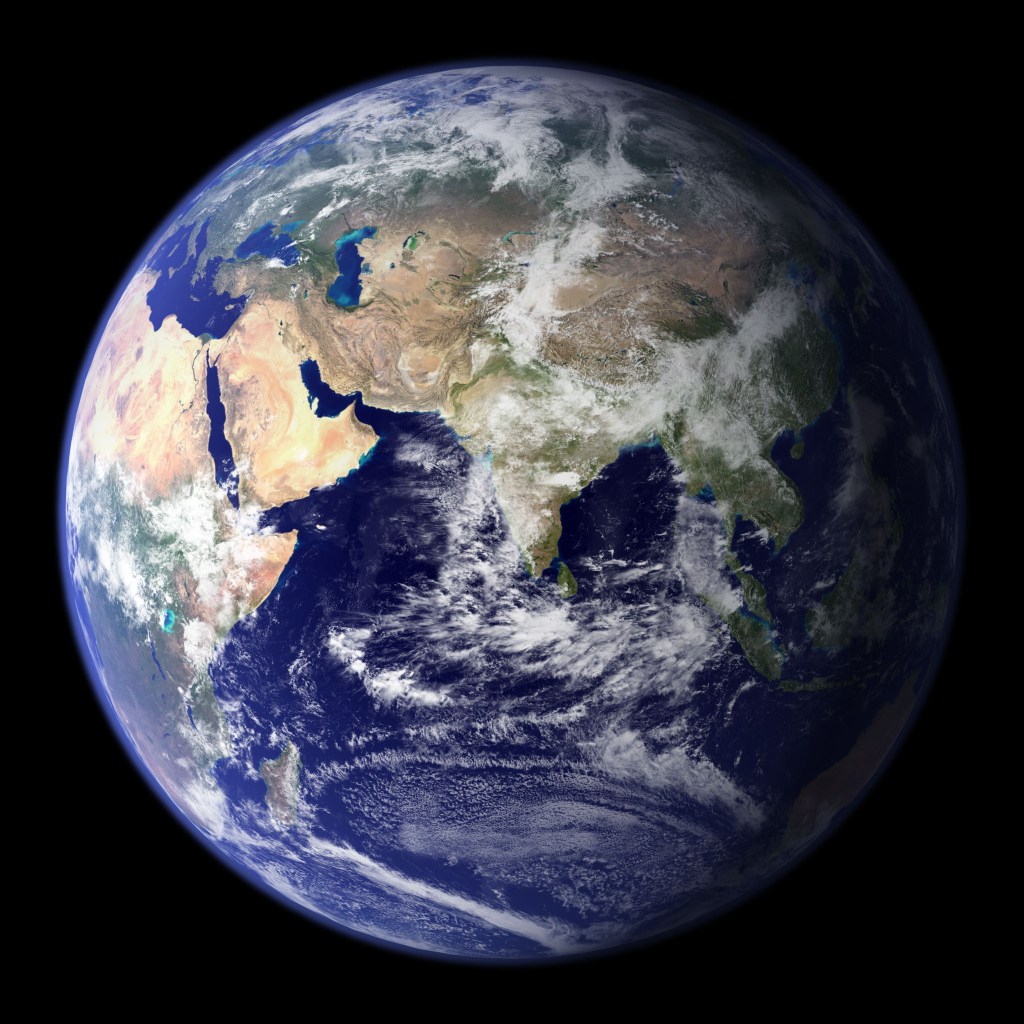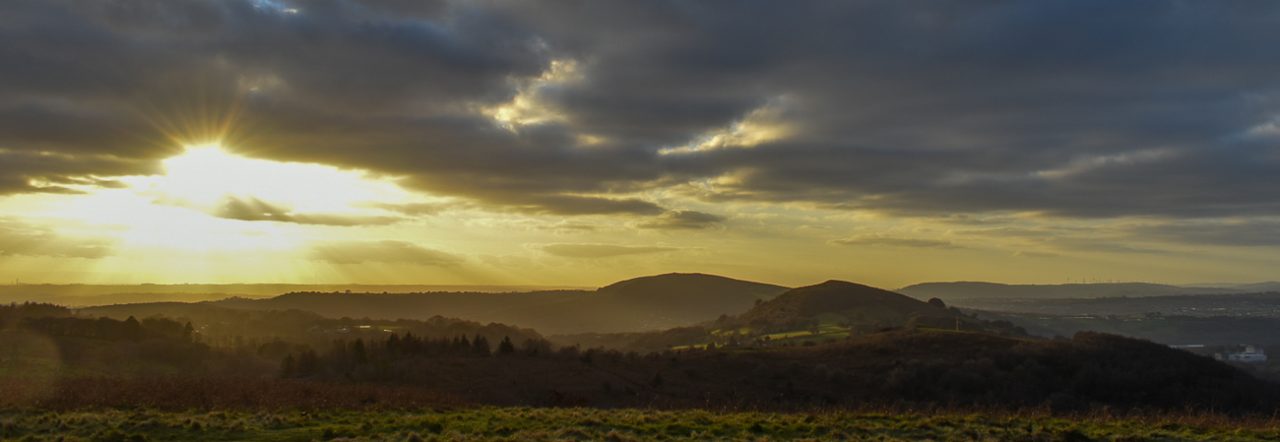
This post will raise many concerns, objections and even outrage in some readers. Be warned.
Most of the world is now, at last, aware of the dangers we face from climate change. Some refuse to accept we, the human race, are the major contributor to the looming disaster. Some doubters, like Donald Trump, are in positions of power and adversely affect the world as a whole. But the general popular feeling is the environment is in trouble and we’re the main cause.
As I start this first draft, at 09:00 BST, 16th May 2019, the world’s human population is calculated at 7,704,298,039. Of course, in the few seconds it took to write that sentence and this one, it’s gone up to 7,704,298,157. You can watch this alarming rise in the numbers crowding this small planet by clicking here. Try it.
Terrifying, isn’t it? Unless you’re a business executive whose main purpose is to increase production of something and sell as much as possible. That’s the prime purpose of most businesses.
I’m sorry if I now appear condescending when I point out the blindingly obvious fact that the more humans there are on the planet, the more resources, of every type, we’ll use. As a consequence, more CO2 will be produced, increasing the threat to the environment.
The world, which we share with multiple life forms, won’t care two hoots if we die out as a species. We’re insignificant in terms of the planet’s existence. Species extinctions happen frequently, with discarded species being replaced by others, some of which may then become dominant. I hope, however, most people believe the human race is a little different from other species and has great promise (I know many disagree, but pessimism always seems so negative). If we disappear… Think about that unfinished sentence.

If the human race vanishes, as it may well do if we fail to curb our consumption of so much, for a time there’ll be evidence of our existence, but no one around to appreciate it. Should any sentient beings from elsewhere discover Earth, they’ll consider us a footnote in the history of a tiny planet revolving around an insignificant star at the edge of an unremarkable galaxy.
The planet, however, will continue to exist for hundreds of millions of years. In something around 2.5 billion years, the Earth will become uninhabitable through natural causes (the Sun, our life-giver, will increase its heat output enough to make surface temperatures untenable for most life by then). While 2.5 billion years may seem a short time in universal terms, I think we’ll agree that, on the human life scale, it’s one helluva long time! We’ve only been around as an identifiable species for about 200,000 years; a mere blink in the life of a universe estimated to be 13.772 billion years old.
So the threat caused by the climate emergency (climate change as a term is no longer enough: time’s fast running out if we’re to reduce the risk at all) is a threat to human life. Many other life forms are also menaced by the change, but we, as humans, are mostly concerned with the continuation of our own species. We need to be clear we’re talking about the end of human life rather than the end of the Earth.
Do we, do you, want our race to vanish? I don’t. I see huge potential in humanity: look at our achievements in art, literature, science, exploration, technology, philosophy, health, and all the other areas we’ve developed to live on this small blue ball we call Mother Earth. Our problems stem from several causes.
Tribalism, a necessary survival technique during early development, has now become a divisive and destructive element. It exists in so many different forms that it’s almost impossible to escape. Clubs are tribal, political parties are tribal, religions are tribal, nations are tribal, businesses are tribal, extended families are tribal, the military is tribal, even fashion has tribal elements.
Inequality is growing throughout the world between nations and within states. We have the lunatic situation in which some individuals now own more in assets than entire countries. And we also have the tragic situation in which millions of families exist in utter poverty, with children scrambling through waste to earn enough to buy a daily meal.
Education is imperative if sustainability is to be achieved. At present, it’s patchy and inadequate for much of the world. In some countries the only education available is through the biased filter of religion. Since all religion is based on myth, much of which is fatally flawed and prejudiced, those educated under its influence are inevitably corrupted into beliefs and ways of thinking that are both divisive and counter-productive in sustainability terms.
In the past, as we grew to become the dominant species, we needed strong leaders to determine the direction and fate of their pockets of society. Such ‘leadership’ is outdated and acts as a barrier to positive and sustainable development. We no longer need leaders, strong or otherwise. We need representatives; individuals and groups with the ability, intelligence, experience and compassion to put forward and enable the considered will of the people.
To return to my early statement; ‘the more humans there are on the planet, the more resources, of every type, will be used.’ It’s a simple, and fundamental fact that there are too many of us on the planet. We use resources as if there were an endless supply, which isn’t the case. In fact, many materials we consider essential are rapidly running out. And, as the economies of such huge populations as those of China and India develop, so their people expect to live lives with the same sort of consumption as those considered ‘normal’ in places like the USA and Europe. Clearly, such increased extravagance is unsustainable. It’s unsustainable already. Increasing population will make it more so and will lead to war, which is what happens whenever vital resources become scarce for any given state.
So, we have an urgent need to curb population growth. Unless we do, all our individual efforts to reduce resource use and carbon dioxide production will be in vain. Simple numbers of people will overwhelm the planet’s means to maintain a balance. Temperatures will soar, ice will melt, sea levels will rise, food crops will diminish, drinking water will grow scarce in some parts of the world, resulting war will inevitably lead to the use of the so-called deterrent nuclear option, which will cause radiation poisoning. These will be actions caused directly by humanity.
But the planet will also change and cause further problems for us. As ocean levels increase and the ice in glaciers and ice sheets declines, so the weight bearing on tectonic plates will shift, causing increased earthquakes and volcanic activity. Climatic changes will cause floods, droughts, extreme typhoons and hurricanes, extremes in temperature that will disrupt crop growth, destruction of ecosystems that will reduce the ability of insects to pollinate food, and many other alterations to everyday life. Social disruption will cause increases in violent gang activity; murder and rape will increase. Families will war over such essentials as food and clean water.
All this will be made worse by the increase in population.
There are influences at work on procreation. Most religions encourage childbirth and many discourage practices intended to reduce family size. The Roman Catholic church objects to contraception. As a primary influence in many poor countries, this attitude inhibits the reduction of populations. It’s commonly the case that religious authorities defend their attitude to birth control as one of obedience to their god, and as a response to their belief that procreation is a desired outcome of marriage in all cases. The primary driving force for the discouragement of contraception, however, is their desire to increase the numbers in their individual clubs. Religion is primarily a control device, and those in authority wish to ensure they have more adherents than the competition in order to legitimise the dogma that provides each sect with its governance of congregations.

So, if you really care about the future of the human race, perhaps it’s time to examine any leanings toward the belief that your god requires you to procreate. And if you’re not religious, perhaps you might look at why you want that third, fourth, fifth or any other child. We all have a responsibility in the effort to deliver a sustainable world to our existing offspring: increasing the population may well be seen by those, if any, who survive the coming catastrophe as the very worst option.
All the above is why many science fiction writers create dystopian worlds. It’s an ideal medium to share the concerns felt by those with evidence as their core concern. Anyone examining the facts of the current world situation must be seriously troubled about the prospects for survival of our race. It’s up to every individual to scrupulously examine their motives and drives when considering increasing the numbers of people on this already overcrowded world. How will history, if it continues to exist, view a decision to create large families? How will the children born into a disintegrating world view the parents who created them?
As a result of this post, I’ll lose readers. Some who follow me on social media will cease to do so. Some will curse me for any number of reasons. Some may wish me dead for highlighting the dangers in their beliefs and actions.
I invite all to comment. I wrote this to increase consciousness of the urgency of the peril facing humanity because I care passionately about our future. I’ve no wish to cause offence, though I accept many will find it here. My intention is to create debate and stimulate thought about the reality of our urgent situation. Disagree as you will, but I ask you to do so in terms that will be understood by most readers.
Thank you for reading to the end of this piece.
By the way, that world population counter, as I ready this for posting at 18:15 BST on the day I started (there have been delays caused by life), is now at 7,704,384,896, an increase of 86,857 in the space of 9 hours and 15 minutes. Still not alarmed by the rate of population increase? What will it read as you finish this post, I wonder?



And then, by coincidence, after writing the above, I come across this: https://human-wrongs-watch.net/2019/05/16/money-media-and-the-climate-crisis/
LikeLiked by 1 person
Thanks for drawing my attention to this, Mick. I’ve read the post, and agree with everything it says. Have shared it, and made a comment there, too.
Radical change is essential if we’re to make any impact. And the dreadful obsession with constant consumption must be reversed; we need to get back to the idea of repair and maintenance instead of immediate replacement of anything that develops a fault.
LikeLiked by 1 person
I couldn’t agree more, Stuart.
LikeLiked by 1 person
That’s all pretty accurate, Stuart. I know from past conversations we don’t differ much over this. I would add one more thing that i think impacts hugely into the equation, and that is Capitalism. It seems to be a system that we are stuck with, for all sorts of reasons, and is most unlikely to ever go away, but it is a system that encourages greed and a belief that ‘economic growth’ is a good to be pursued at all costs.
LikeLiked by 1 person
I absolutely agree about capitalism, Mike. I intend to write a follow-up piece on our overconsumption and the love of money tha drives such activity. This piece was already close to 2k words, so I thought a separate post would be better!
Thanks for your support and the comment.
LikeLiked by 1 person